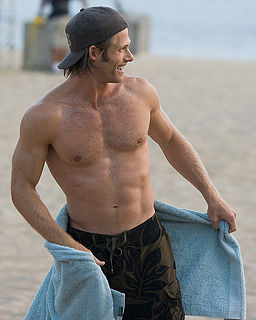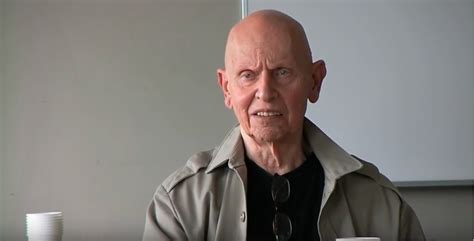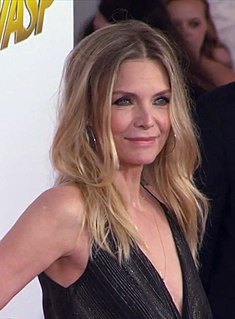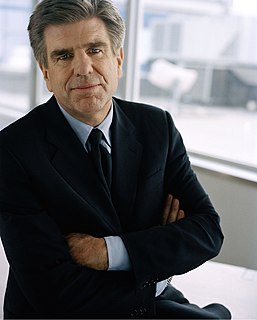A Quote by John Alexander Morrison
Knowledge comes by taking things apart, analysis. But wisdom comes by putting things together.
Related Quotes
I guess I'm a really analytical person, but when I'm writing, all that stuff goes behind a screen. Analysis and taking things apart is really important and really interesting, but it's the direct opposite of creating something, which has to do with taking things and putting them together and hoping to make something unique that's more than the sum of its parts. And you can't do that with analysis, you can only take things into smaller and smaller pieces.
The spider-mind acquires a faculty of memory, and, with it, a singular skill of analysis and synthesis, taking apart and putting together in different relations the meshes of its trap. Man had in the beginning no power of analysis or synthesis approaching that of the spider, or even of the honey-bee; but he had acute sensibility to the higher forces.
Wisdom and knowledge can best be understood together. Knowledge is learning, the power of the mind to understand and describe the universe. Wisdom is knowing how to apply knowledge and how not to apply it. Knowledge is knowing what to say; wisdom is knowing whether or not to say it. Knowledge gives answers; wisdom asks questions. Knowledge can be taught, wisdom grows from experience.
Everything that comes together falls apart. Everything. The chair I’m sitting on. It was built, and so it will fall apart. I’m gonna fall apart, probably before this chair. And you’re gonna fall apart. The cells and organs and systems that make you you—they came together, grew together, and so must fall apart. The Buddha knew one thing science didn’t prove for millennia after his death: Entropy increases. Things fall apart.
One of the problems of taking things apart and seeing how they work - supposing you're trying to find out how a cat works--you take that cat apart to see how it works, what you've got in your hands is a non-working cat. The cat wasn't a sort of clunky mechanism that was susceptible to our available tools of analysis.


































